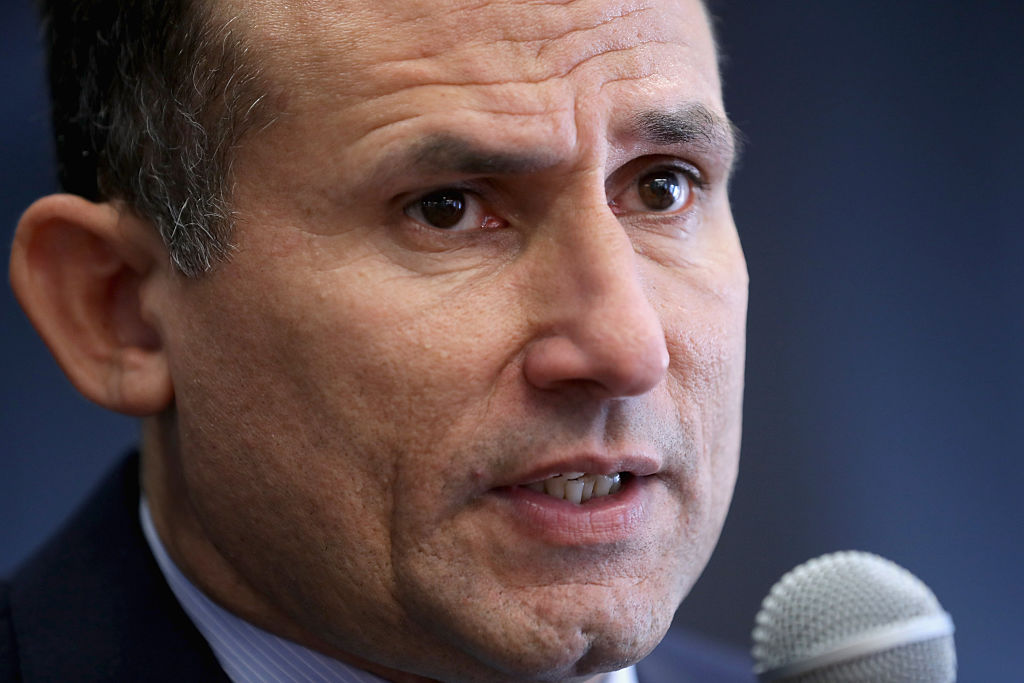RIO DE JANEIRO, BRAZIL – A Cuban court has revoked the benefit of house arrest of well-known dissident José Daniel Ferrer and sentenced him to remain in prison for more than four years remaining on his sentence for assault.
The Patriotic Union of Cuba (Unpacu) leader was arrested on October 1, 2019, and in February 2020, sentenced to prison after a closed-door trial for an alleged crime of injury to another man, a charge that his relatives and collaborators deny.
Read also: Check out our coverage on Cuba
After six months locked up, and amid strong international pressure, in April 2020, his sentence was commuted to four and a half years of house arrest.

More than a year later, Ferrer was imprisoned again for joining the recent citizen protests of July 11.
On Tuesday, his relatives published an order from the Provincial People’s Court of Santiago de Cuba dated August 12, where the judge revoked the opposition leader’s house arrest and ordered him to be placed in a penitentiary establishment to serve the remaining 4 years and 14 days of his sentence.
To justify the decision, the magistrate argues that Ferrer has maintained “an attitude contrary to the requirements he must fulfill” during his time under house arrest, according to the court document, which provides for a period of three days to appeal.
The judge alleges that the condemned man did not go to work and presented “incorrect and defiant behavior towards authority”, in addition to being prosecuted for a new crime of public disorder, a charge that has been brought against many of the July 11 demonstrators in the past weeks.
José Daniel Ferrer García, 51, is one of the best-known dissidents outside the island, as he was part of the “group of the 75” convicted in 2003 during the wave of repression known as “black spring” and released between 2010 and 2011 with an extra penal license after a dialogue mediated by the Catholic Church and the Spanish government.
Ferrer, a resident of the eastern city of Santiago de Cuba, was one of the 12 dissidents who decided to remain in his country after his release.
His most recent judicial process aroused strong international expectations and criticism from institutions like the European Parliament, the U.S. State Department, and the Organization of American States (OAS).
While his relatives assure that he is innocent and that the charges against him are fabricated, Cuban authorities attribute a “long history of provocative actions against public order and legality” and deny that he is a political prisoner. However, they have publicly accused him of being a “salaried agent at the service of the United States”.

